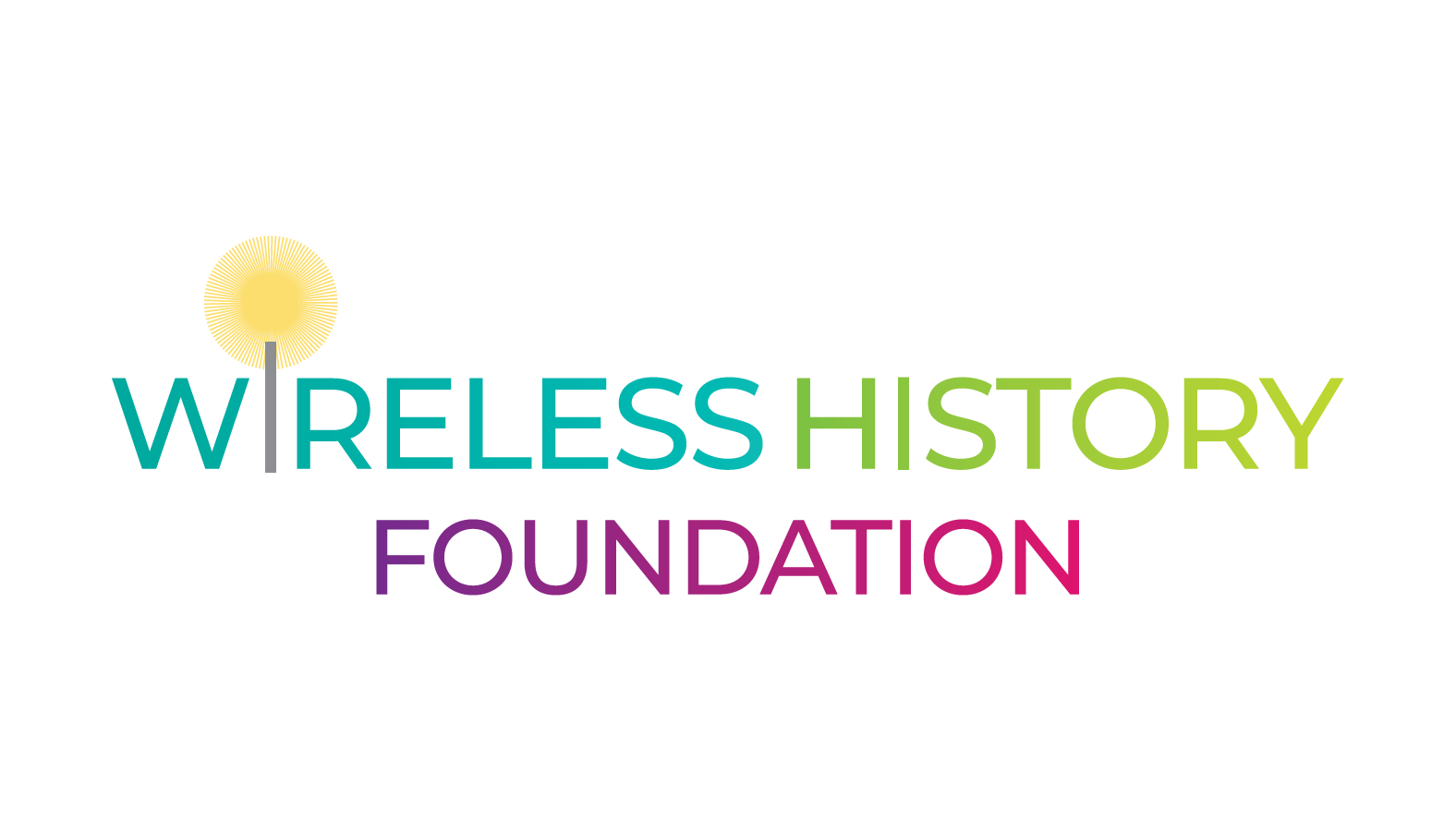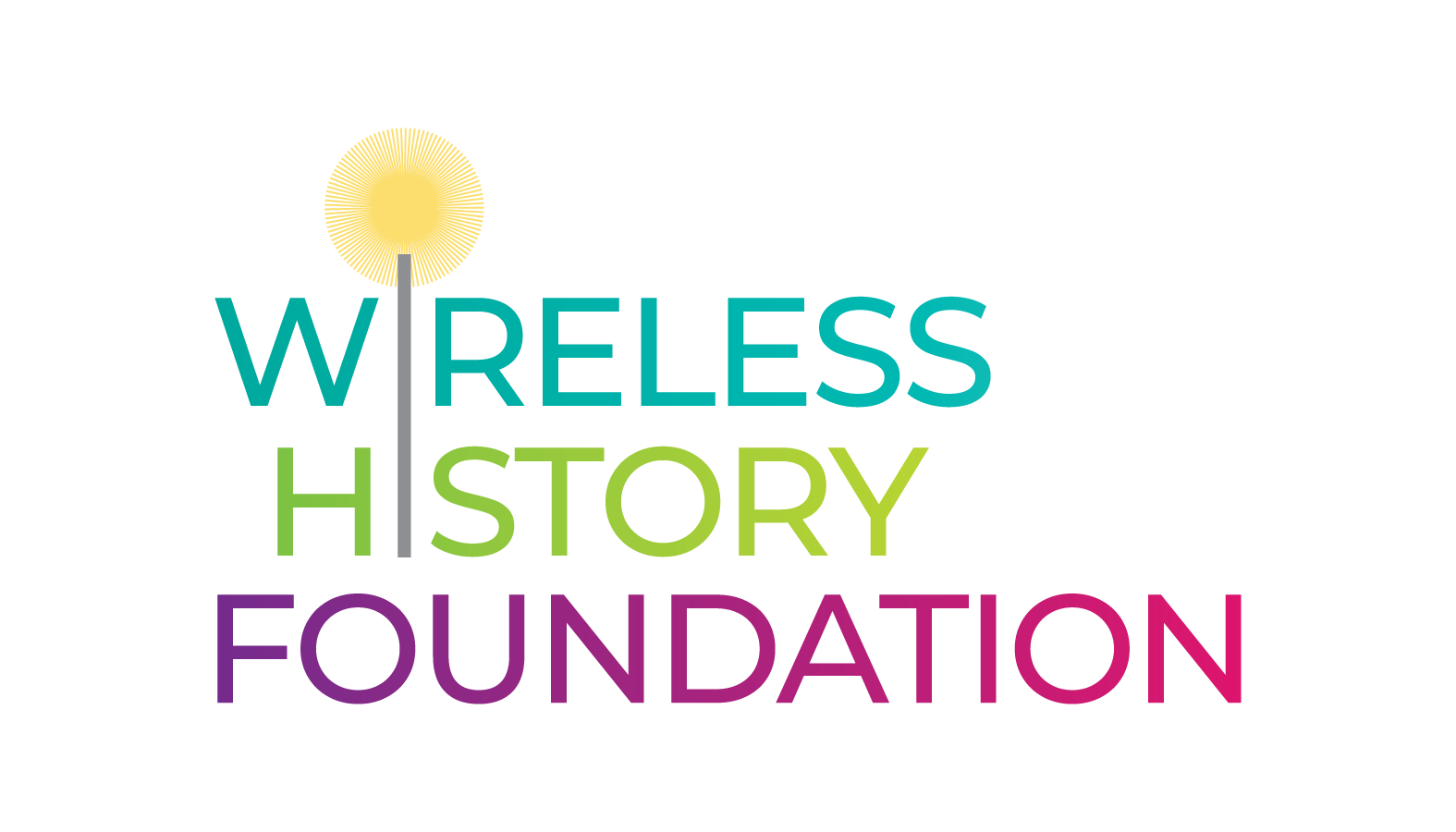Amos Joel was always curious how things worked. When his family first got a dial telephone, he wrote the local telephone company to ask how it worked but the booklet he received in reply, “The Magic of Your Dial”, didn’t satisfy him. His curiosity about electrical circuits and his fascination with telecommunications intensified. By the early 1930’s, the teenage Amos had invented his own switching system, which he called the Joel All-Relay Dial System. He was on his way to becoming the “father or modern switching”.
After earning a bachelor’s degree in electrical engineering from MIT in 1940, Amos joined Bell Labs. He received a master’s degree in 1942. His designs for early digital computers and cryptanalysis machines played an important role for the Allies during World War II. After visiting Bell Labs, British computer pioneer Alan Turing incorporated some of Amos’s ideas into the digital computer, Colossus, which helped crack Nazi codes. Amos and his colleagues at Bell Labs also designed a scrambler which allowed Winston Churchill to have vital encrypted conversations with Franklin D. Roosevelt.
Amos remained with Bell Labs until his retirement in 1983. He was a pioneer in the development of electronic switching systems, and was granted over 70 patents. Among the most important was his patent for automated mobile switching that made cellular telephone service possible by allowing calls to switch without interruption from cell to cell. He was also responsible for the Traffic Service Position System used to automate the work of telephone operators, the Automatic Intercept System created to automatically handle calls to non-working numbers, and Automatic Message Accounting to provide detail billing for telephone calls.
During his lifetime he was a dedicated member of IEEE and received the organization’s highest award, the Medal of Honor. Other honors for his work include the Kyoto Prize in 1989 and the National Medal of Technology in 1993.
Amos Joel died at the age of 90 at his home in Maplewood, New Jersey on October 25, 2008. He is survived by his daughters Andrea and Stephanie.


